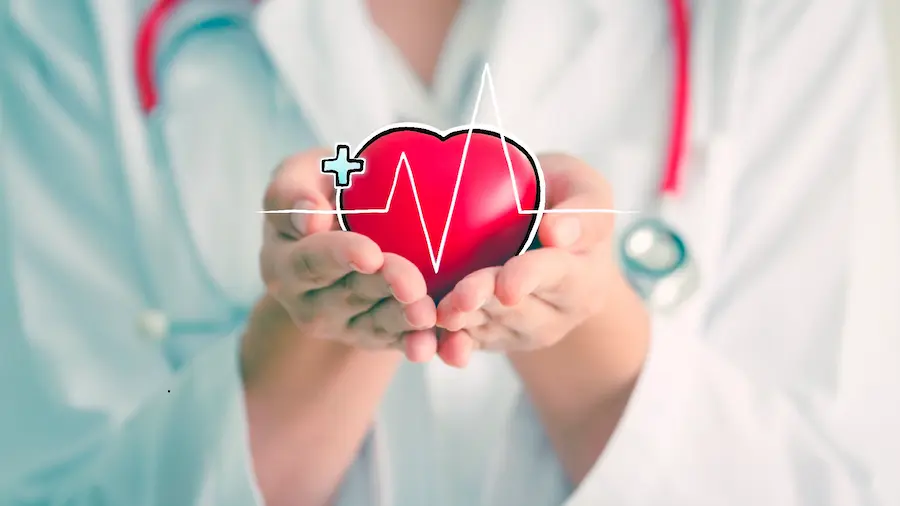
Cardiology
Groruddalsklinikken has heart specialists with a short waiting time for treatment and follows you up throughout the process.
A cardiac examination will be able to demonstrate whether you have an increased risk of cardiovascular disease. In this case, you will receive guidance and an offer for further follow-up and treatment.
Do you need a heart check? Wondering if you have a heart condition? Groruddalsklinikken’s heart examination will be able to detect possible heart disease.
The aim is to detect any heart diseases, but also to see incipient changes that may lead to disease in the long term, so that you can start preventive treatment in time. If it is established that you have a heart disease, the heart specialist will start the relevant treatment and give you information, guidance and good advice for the way forward.
During a heart examination, we examine, among other things, the size of the heart, as well as blood flow and mobility of valves and heart chamber walls.
Symptoms
It may be appropriate to investigate whether you have a heart disease if you have symptoms such as:
pain in the chest
palpitations
shortness of breath or difficulty breathing
episodes of irregular pulse
If you have symptoms or feel at risk, you should have your heart checked. Do you have heart disease and want a quick examination or a “second opinion”. In the period after a heart attack, many people have questions in relation to the use of medicine and what is appropriate for physical activity.
Preparations
No special preparations are required, but we advise you not to eat a large meal shortly before the examinations.
Feel free to bring training clothes and trainers.
Investigations
The first consultation usually consists of several tests, including:
clinical examination and assessment by a heart specialist
ECG and blood pressure
ultrasound of the heart
AKG (stress test of the heart on a bicycle, work ECG)
possibly blood tests
Conversation with heart specialist (cardiologist)
Are you worried that you may have heart disease, or do you have questions about your heart disease?
We offer a consultation with a heart specialist (cardiologist) to clarify whether you need further examinations and treatment.
If you need further examinations or treatment, you will agree on a plan for the way forward. It provides security and predictability.
We offer, among other things, a heart examination that provides comprehensive information about your heart so that we can discover whether you have a heart disease.
EKG
The EKG is a painless examination that measures the electrical activity of the heart. It is easily done at Groruddalsklinikken. The survey itself takes about 10 minutes.
We attach electrodes to the chest, arms and legs. The electrodes pick up the electrical impulses, which are passed on through wires to a machine that registers and records the impulses.
The EKG detects if the heart beats in the wrong rhythm, or if part of the heart muscle does not contract due to a heart attack. Answers from the measurement are available shortly after the examination, where the cardiologist reads and interprets the results.
24-hour ECG
The 24-hour ECG will be able to reveal signs of heart disease or disturbances in the heart rhythm. The tape recorder will be attached to you at Groruddalsklinikken, where you must come in after 24 hours so that we can read in the answer.
If heart rhythm disturbances are suspected, the patient is put on 24-hour ECG monitoring. The ECG is then captured on a small tape recorder that the patient carries with them. Healthcare personnel attach electrodes and register you with the necessary data. The tape recorder must be on throughout 24 hours and always carried on you.
The examination can reveal all types of heart rhythm disturbances, and provides crucial information to be able to rule out conditions (atrial fibrillation, need for a pacemaker, etc.) and adapt the correct treatment. The heart rhythm is recorded while the patient is at home using advanced equipment.
Work ECG (stress test)
To examine how the heart behaves under stress, a stress ECG or bicycle test can be done.
The examination is carried out by reading the heart’s activity at the same time as you ride an ergometer bike. Heart spasms and chest pain (angina pectoris) or special heart rhythm disturbances can be diagnosed in this way. The examination is important to assess any narrow coronary arteries around the heart and those who have had a heart attack. You will cycle on an ergometer bike where the cardiologist changes the strength of the ergometer bike as needed during the cycle. It can be advantageous to bring good shoes that you can cycle with. Before you cycle, electrodes are placed on your chest to measure your heart at the same time.
Long-term recording of blood pressure
The blood pressure is recorded while the patient is at home.
24-hour blood pressure recording
As part of the investigation of high blood pressure, or in the follow-up of high blood pressure, the patient is given a tape recorder for repeated, automatic measurements of blood pressure over 24 hours. Healthcare personnel will put the recorder on you at Groruddalsklinikken, where you must return after 24 hours.
By measuring the patient’s blood pressure repeatedly over 24 hours, the doctor will get a clear picture of how the blood pressure changes over the course of the day.
The digital machine takes your blood pressure by inflating the cuff around your upper arm and then slowly releasing the pressure. You wear the machine all the time and the cuff is constantly placed around the upper arm throughout the 24 hours.
Because the measurements are carried out to find out what your normal daily blood pressure is, it is important that you stick to your usual activities and routines, that you carry on with all the things you normally do.
Ultrasound examination (Echo doppler)
Ultrasound examination of the heart provides information about the heart’s structure and function, and is performed with advanced equipment that gives the heart specialist the opportunity to assess the heart’s functions while it is working. The examination usually takes no more than 20 minutes.
Ecco doppler is used to measure blood flow, that is, how fast the blood flows in specified places. Color techniques and contrast injections can be used to improve the production of images.
What do I need to do before the examination?
You do not need to make any special preparations. You can eat normally and take your medicines in the usual way before and after the examination.
How does the survey take place?
You lie on your side on a bench during the examination. A small ultrasound meter is held against the chest wall. Images from your heart are recorded on a screen and the recordings are analyzed and described by the doctor. The examination is painless.
You can go home immediately after the examination, after the conversation with the doctor.
Examination of the blood supply to the brain (carotid ultrasound)
Using ultrasound, we examine whether there are calcium deposits and narrowing in the main arteries to the head. The examination shows the blood flow and whether there is plaque formation (atherosclerosis) and the degree of this.
Short description
The examination helps us to assess the risk of stroke, cardiovascular disease and any need for preventive treatment. The examination is relevant if you may be at risk of cardiovascular disease, stroke or have had a stroke.
Processing details
You do not need to make any special preparations. You can eat normally and take your medicines in the usual way before and after the examination. You lie on an examination bench and stretch your neck slightly. A small ultrasound meter is held against the pulses in the neck. Images from the carotid artery are recorded on a screen and the recordings are analyzed and described by the doctor. The examination is painless. The examination takes around 15 minutes. The medical specialist interprets the result immediately and immediately after the examination you will have a conversation with a doctor who explains what the test shows.
Examination of the blood supply to the legs and feet
Using ultrasound, we examine the blood flow in the arteries to the feet. The examination helps us to map whether you have narrow veins in your legs.
Further follow-up
For some patients, extended testing is required to investigate any additional diseases, such as pulmonary or neurological disorders. The doctor will give you good advice on further investigation or treatment if there is a need for it.
More about cardiology
Our treatments
Price
Why Groruddalsklinikken?
Groruddalsklinikken’s vision is to offer high-quality health services with short waiting times.
We can offer health services both to those who do not have a referral from their GP, to those who have a referral from their GP or to those who are waiting for treatment at the hospital or waiting in the hospital queue.
If you have health insurance, you can contact your insurance company about getting treatment with us.
Groruddalsklinikken has a broad and relevant range of healthcare services with high quality and good accessibility for everyone. With us, you should always feel safe and looked after.

Specialists
Groruddalsklinikken’s medical services include many specialist areas within the specialist health service, including day surgery.

Surgery
Groruddalsklinikken believes that you as a patient deserve and should have quick medical attention without having to wait for several hours to receive health care.

Physical treatment
We offer a chiropractor, physiotherapist, acupuncturist and masseur at GRD. We have modern devices for pressure wave treatment and ultrasound diagnostics and follow up the patient from A to Z.

